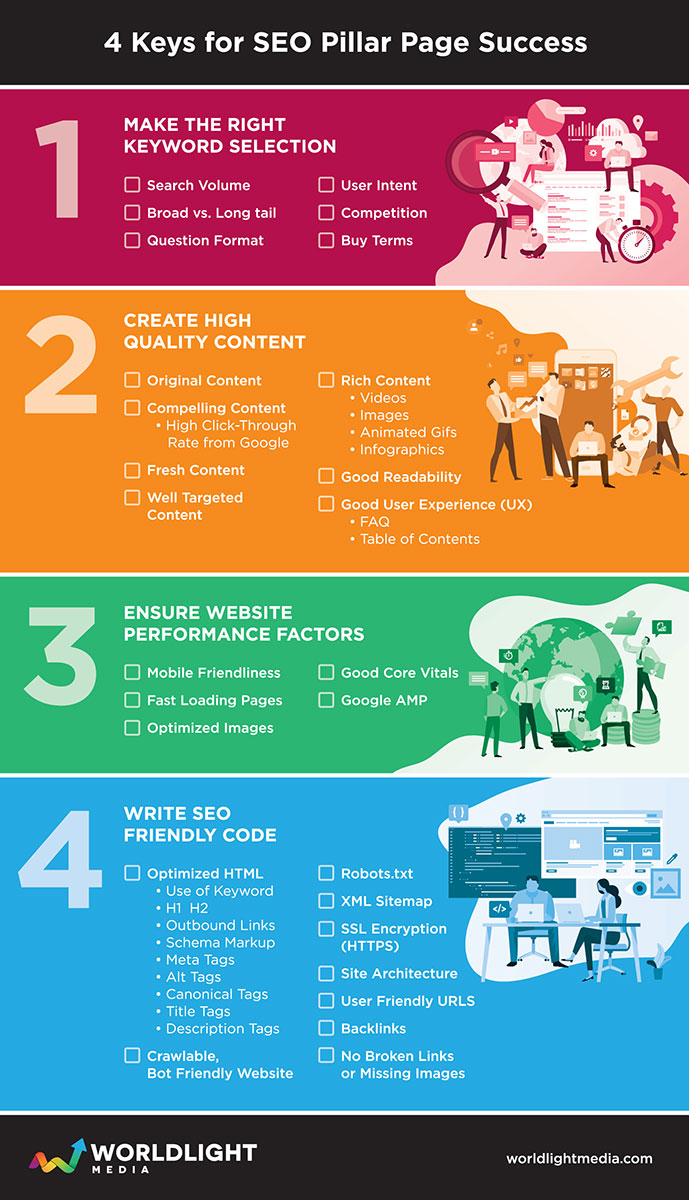To optimize website performance for better search engine rankings, focus primarily on improving site speed, mobile optimization, technical SEO, and content quality. Fast-loading pages enhance user experience and reduce bounce rates, which are critical ranking factors for Google and other search engines. Key steps include compressing images, using lightweight themes, enabling lazy loading, and employing a Content Delivery Network (CDN) to serve content faster globally. Additionally, optimizing for Core Web Vitals—Google’s metrics for page loading, interactivity, and visual stability—is essential for ranking well.
Beyond speed, ensure your website is fully mobile-friendly, as mobile usability is a strong ranking signal. Conduct regular technical SEO audits to fix broken links, improve site structure, and enhance crawlability. Publish relevant, authoritative, and regularly updated content targeting well-researched keywords aligned with user intent. Use internal linking wisely to distribute page authority and improve navigation. Also, optimize pages for SERP features like featured snippets to increase visibility.
In summary, the most impactful performance optimizations for SEO are:
- Page loading speed: Compress images, use CDNs, optimize JavaScript, and choose fast hosting/themes.
- Mobile optimization: Responsive design and mobile usability testing.
- Core Web Vitals: Improve Largest Contentful Paint, First Input Delay, and Cumulative Layout Shift.
- Technical SEO: Fix errors, improve site architecture, and ensure secure HTTPS.
- Content quality: Publish authoritative, keyword-optimized, and regularly updated content.
- Internal linking: Strategically link pages to boost authority and user experience.
Tools like Google PageSpeed Insights, Lighthouse, GTMetrix, and SEO audit tools (e.g., Ahrefs, SEMrush) can help benchmark and guide improvements.





